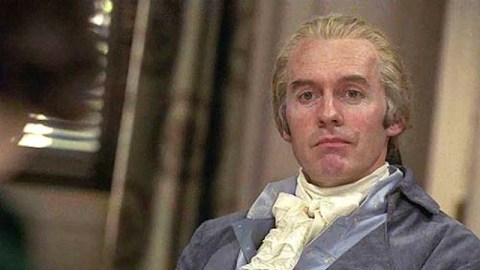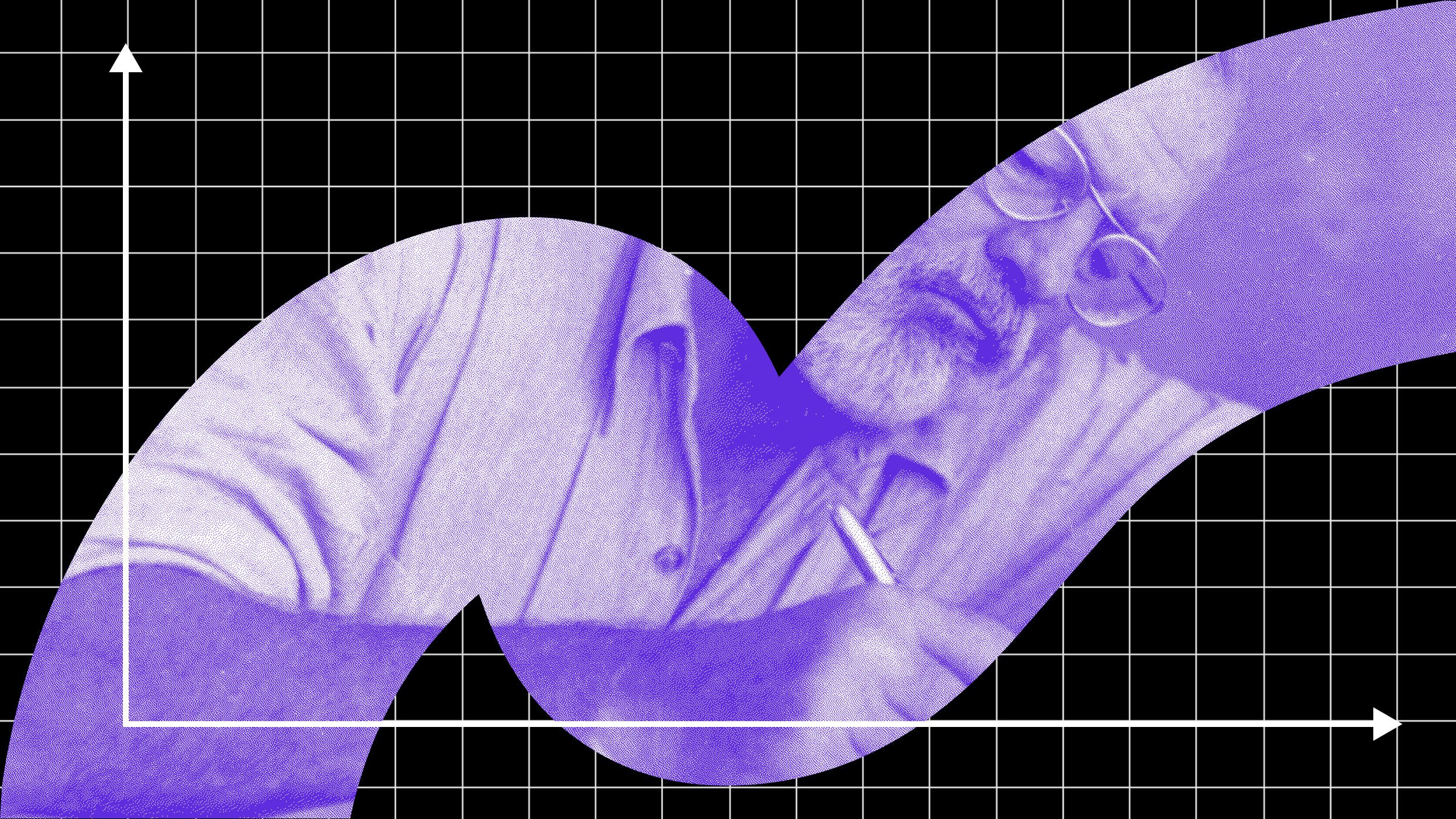Revolutions in Politics, and in Literature: Chernow, Moody

Is there a truly “revolutionary” element in the current surge of anger in American politics? What is the place of madness and irrationality in revolution? If we want to speak eloquently about the relationship of our current political climate to the state of things in 1776, we must know our history. Yesterday, on the op-ed page of The New York Times historian Ron Chernow pointed out that “no single group should ever presume to claim special ownership of the founding fathers or the Constitution they wrought with such skill and ingenuity.”
Yet, we cannot let them go. The founding fathers, perhaps like Shakespeare for aspiring playwrights, will always remain the sine qua non of revolutionary genius. And, like Shakespeare, they have again and again (witness France, consider Iraq) become templates for what new nations chose to remember about them. At least we remember them. There is something comforting in the fact that revolutionary instincts remain, and are supported and tracked in the media even if with disdain. Consider a nation absent the fierce anger of its people, and consider a place you never want to live.
Is the current state of literary fiction a place germane to revolution? Unlike other arts, literary experimentation has become increasingly economically unviable. In an interview this summer with Big Think, novelist Rick Moody pointed out the risk of not taking risks. In describing a climate where, increasingly, less and less is published traditionally while everything else is nonetheless “published,” the concept of quality in a single work cedes place to the value of having been published at all.
Here is Moody:
There was a novel by Richard Brautigan in the late ’60s called, “The Abortion” that’s about a library that will hold in its collection any manuscript given to them. So it becomes this repository of all the kind of lost, desperate, forgotten manuscripts that people squirreled away in their desk drawers over the years. And in the vast majority of cases, no one reads any of these books of course, but it’s the idea of collecting them that’s important.
In a way, that’s the exact library that [results from self-publishing], the sort of future library of publish-it-yourself-straight-onto-the-Kindle-style manuscripts. The only thing that the big publishing houses have going for them in that environment is that they can editorially select for us, and they can attempt to draw our attention to things. But they have to be willing to do it. They have to be wiling to be more catholic, more polyglot in their interests and intentions. And as long as they’re selling physical books and they’re really desperate and worried about selling enough physical books to meet their sales goals and so on, there’s not that much incentive for them to sort of publish the 400-page manuscript narrated by coffee. You know? Or something with eight different points of view, or multi-generational saga that contains 10 generations. I mean, they’re just not up to it right now.
Novels are not revolutions. They are cheaper, and less dangerous. But they are as essential to a cultural well being as cable-hosted Mall marches, aren’t they? Do we still care enough to even have that argument?
In the end, fine publishing houses will continue to bring us the latest work by Ron Chernow. And the latest work by Ron Chernow is a brilliant life of George Washington, one that illuminates much more than most of us remember from school stories of Delaware Rivers and cherry trees. There is one thing we may say of the founding fathers we cannot say of today’s “tea party:” they knew, and understood, their enemy. They knew, and understood, what they were fighting for. And their vision for America, so magnificently contained in our Constitution, was at once experimental, idealistic, and literary. As Chernow points out, referencing the Dutch historian Pieter Geyl, “history is an argument without end.” This is what makes it so fascinating, and so fundamentally novelistic.




